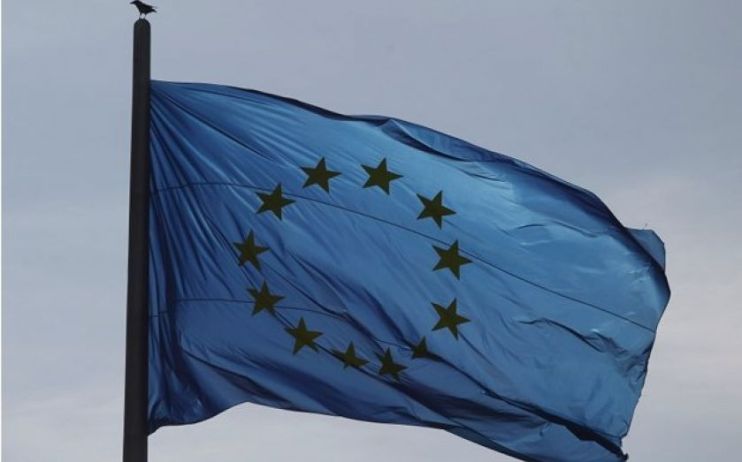
The European Union (EU) is split over the price of a Russian oil cap as the West seeks to slash the Kremlin’s war revenues and tame the cost of living crisis.
Member states remain at odds over the pricing level, despite agreeing to the cap in principle – which is set come in next month.
This means Europe risks a farcical situation of a cap being green-lit and being in place on 5 December, but without a price being set.
Governments failed to reach an agreement over pricing amid extensive talks today, with some member states concerned about exacerbating a global supply shock.
The Group of Seven nations (G7) proposal for a cap of $65-70 per barrel was seen as far too high by some member states and too low by others.
Diplomats told news agency Reuters that six of the EU’s 27 countries opposed the price cap level put forward by the G7.
Poland wants the cap to be set at $30 – a position supported by Lithuania and Estonia.
It argues that with Russian production costs that some estimate at $20 per barrel, the G7 proposal would allow Moscow too much profit.
Meanwhile, Cyprus, Greece and Malta – countries with big shipping industries that stand to lose most if Russian oil supplies are obstructed – believe the G7 cap is too low.
They want compensation for the loss of business or more time to adjust.
The European Commission, the Czech EU presidency, the US and Germany were all engaged in talks on Thursday to try and close the differences.
Around 85 per cent of Russia’s crude exports are carried by tankers rather than pipelines – with the EU already agreeing to phase out seaborne oil shipments.
The idea of the cap is to prohibit shipping and insurances companies from handling cargos of Russian crude – unless it is sold for less than the price set by the G7 and its allies.
This is because the world’s key shipping and insurance firms are based in G7 countries, meaning the price cap would make it very difficult for Russia to sell its oil – which accounts for 10 per cent of supplies – at a higher price.
More talks could take place tomorrow.
The EU’s executive arm is also pushing to agree a gas price cap, with no agreement yet to be found over the proposal.
Talks over the measure are also expected to continue alongside the debate the oil price cap in the coming days.
Germany’s Economy Minister Robert Habeck told German newspaper Handelsblatt daily he remained sceptical over the prospect of a gas price cap.
He said: “We’re not blocking anything. But I am sceptical when it comes to a fixed price cap in the market, because it would be either too high or too low,” he said.
For all the latest Lifestyle News Click Here
For the latest news and updates, follow us on Google News.